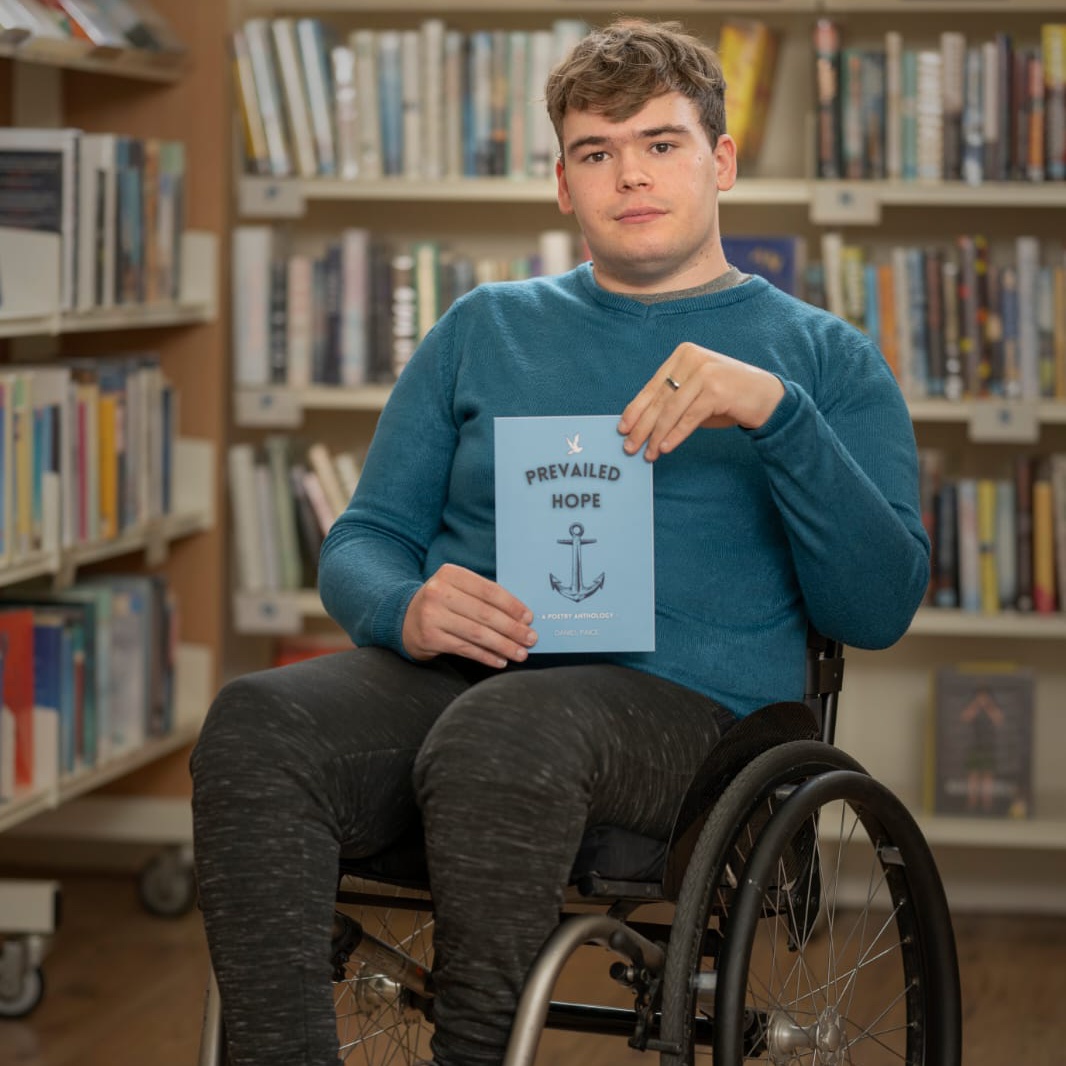Mental Health Miniseries: Part 3
- Daniel Paice

- Jul 31, 2021
- 2 min read
As part of this mental heath interview series, I asked participants to take their pick of six questions out of twenty, and then answer them in as much or as little detail as they want.
This person wished to stay anonymous.
What would you do during a conversation to let someone know that you are listening to them?
I think it is easy to seem like you are listening, however, ensuring you are is another story. Make sure to have eye contact (when there can be; remember, some people struggle with maintaining eye contact, for example, those with autism). Ask questions and give verbal responses. Also be careful of your facial expression, as your face may show what you are really thinking.
How can you tell if someone is struggling with their mental health?
There are a variety of indicators that give away whether someone is struggling. If their emotions have changed – for example, they are usually outgoing and bubbly, and now tired and sad. I have found that social media is also a big indicator. I have had friends in the past that were posting comments and photos which made me worry, so I contacted a charity who got in contact with my friend.
What small thing have you done today to help someone?
My good deed today was that I paid for someone’s car park ticket at a hospital car park.
How would you help someone open up to you?
Just being there for someone – letting them know that you are there to chat. If you’re not available at that time, make sure to make time to chat.
What is one thing you wish everyone understood about mental health?
I wish everyone understood what mental illnesses actually are and would not use them so casually. For example, ‘being OCD’ is not having a clean house. Furthermore I wish there was a clear line between being nervous and having anxiety, personally these have become mixed the last couple of years.
What is the biggest mental health stigma you have come across?
That young people shouldn’t have any mental health problems as ‘they have everything nowadays’. Life is significantly different from a decade or two ago, so it will affect young people differently.
What do you think could be done to make sure that mental health is viewed just as severe as physical health?
In schools, I believe we are starting to have a really clear curriculum and cover mental health, however I feel that what students receive at home in terms of support for mental health is different. I feel parents and the older generations need to receive some form of education/knowledge regarding mental health. When my parents were younger, mental health was not addressed, it was either you were sad, naughty etc.
I hope you enjoyed this person’s insight! Let me know if you have any questions.
– D
You can pre-order the Prevailed Hope Ebook! The link: https://www.amazon.co.uk/dp/B099M8VN2Y/ref=cm_sw_r_cp_apa_glt_6S34SQMB4Z1K4RN13A4A If Ebooks are not for you, paperbacks will be released on the 12th of October, along with the Ebook.








Comments